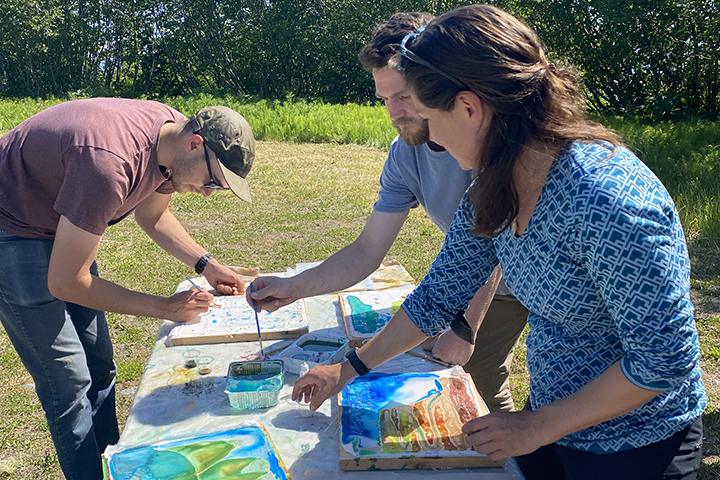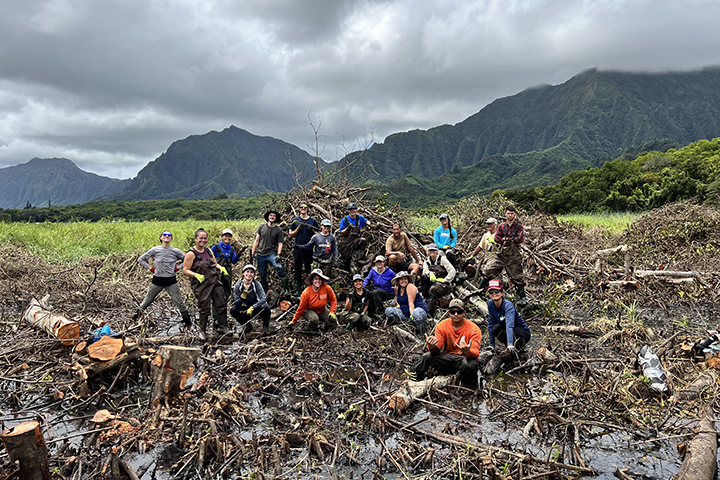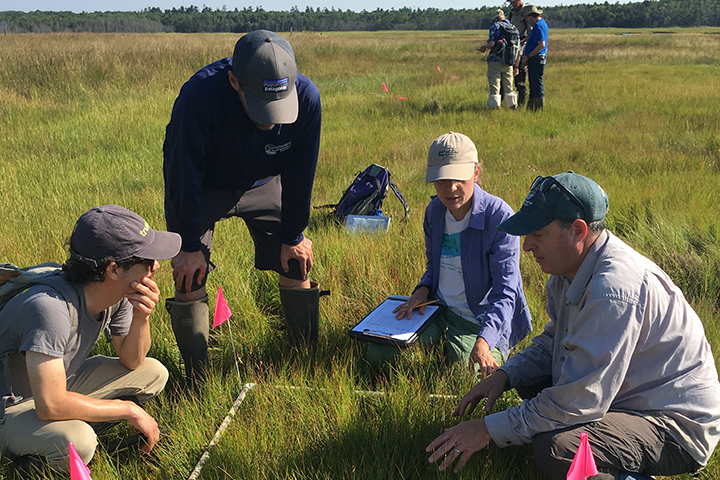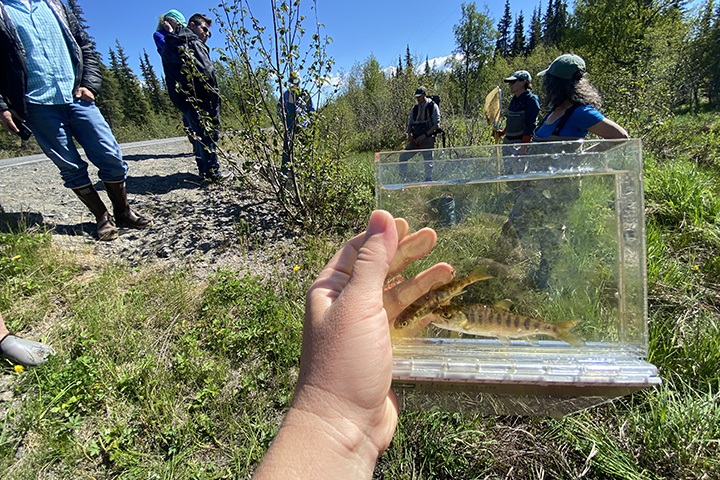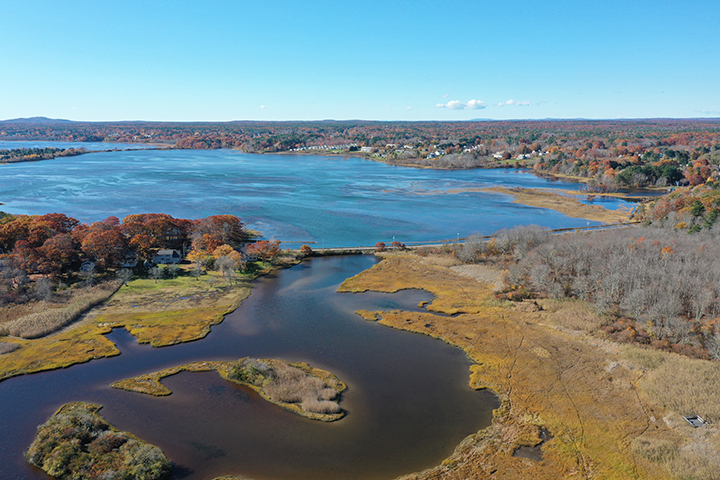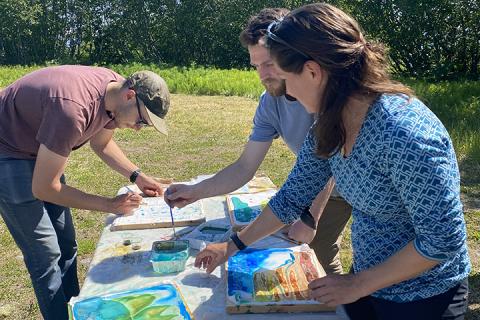
Cultural ecosystem services (CES) – or the non-material benefits that result from human relationships with the environment – support and maintain place-based values, worldviews, cultural identity, and well-being.
Given their potential to reveal feedback relationships between human and environmental well-being, the inclusion of CES in natural resource planning and decision making processes is critical to successful long-term application of stewardship and management strategies. However, despite being one of four main categories of ecosystem services, CES are not often assessed due to significant theoretical and practical gaps in their identification and evaluation.
This science transfer project expands collaborations initiated during a 2020 Catalyst project by training a cohort from at least seven reserves in a variety of place-based approaches for identifying and monitoring CES over three virtual workshops. The project will establish a sustainable network of CES practitioners that can continue to support each other, engage others through their CES experiences, and share what methods are best suited for the different socio-ecological contexts represented by each reserve. Outcomes will help improve understanding of the different values, tangible and intangible, provided by estuarine systems across diverse human communities.
Rachel Dacks gives a short introduction to "Reciprocal Relationships in Reserves: Establishing a Community of Practitioners for Identifying and Using Cultural Ecosystem Services Approaches," a science transfer project funded in 2022 by the NERRS Science Collaborative.
In memoriam: Dr. Eleanor J. Sterling
The project team and global conservation community mourn the loss of our project co-investigator, colleague, and friend Dr. Eleanor Jane Sterling. Eleanor passed away peacefully in her sleep in February 2023, surrounded in love, after fighting an aggressive form of pancreatic cancer. Eleanor’s visionary leadership, thoughtful approach, and devoted commitment to equity and inclusion have made, and continue to make significant contributions not only in the context of this project, but also across the conservation field. A few of Eleanor’s lifetime achievements are outlined by our colleagues at the AMNH Center for Biodiversity and Conservation here and here. We will continue to realize the full breadth and depth of these contributions for years to come. Eleanor is deeply missed, but remains in our hearts always.
